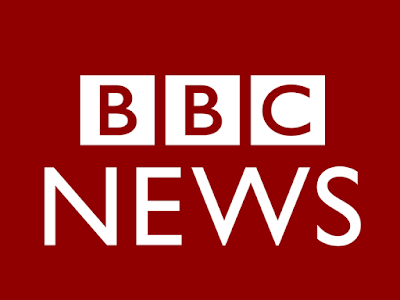 |
| BBC Logo |
Many of the BBC’s websites and popular video-on-demand services were offline for roughly three hours Thursday morning, although its television and radio stations were not affected.
While a statement posted by the BBC on Twitter said the blackout had been caused by a technical issue, unidentified people in the company were quoted on the BBC news website as saying that a “distributed denial of service” attack had struck the digital services.
That type of online attack is caused when a website is deliberately targeted with a high level of online visitors to create congestion, overloading the services and taking them offline.
“The BBC website is now back up and operating normally,’’ the company said in an emailed statement. “We apologize for any inconvenience you may have experienced.”
It was unclear who might have carried out an attack and what its goal might have been. But the BBC is not the first news media organization to be hit by hackers.
In 2013, the New York Times website was temporarily shut down after the company’s domain name registrar was the target of Syrian hackers. The Financial Times and The Washington Post have faced similar attacks.
Government-run digital services have also been disrupted by distributed denial of service attacks. These include hacking efforts against Estonia in 2007 that were said to have been backed by the Russian government.
Advertisement Banner

No comments:
Post a Comment